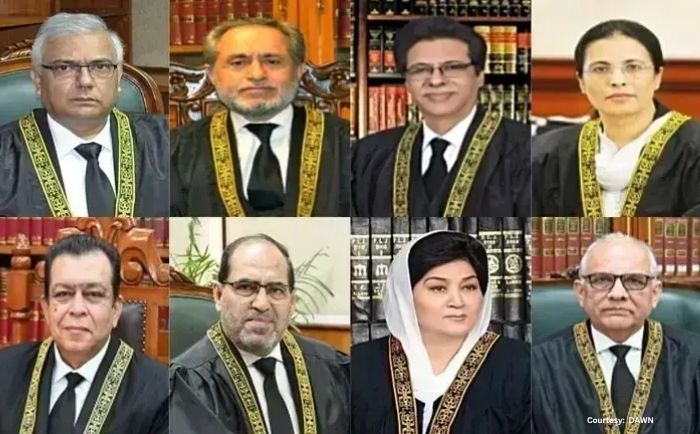ISLAMABAD — The Supreme Court of Pakistan’s Constitutional Bench convened on October 14, 2025, to deliberate on petitions challenging the 26th Constitutional Amendment. A central issue under discussion was whether the Chief Justice of Pakistan (CJP) possesses the authority to constitute a full court to hear these significant constitutional matters.
Senior lawyer Abid Shahid Zuberi argued that the CJP has the power to form a full court, emphasizing that such a decision falls within the judicial domain. He contended that the CJP’s authority to constitute benches under Article 191A of the Constitution inherently includes the power to form a full court when deemed necessary.
Conversely, some members of the Constitutional Bench questioned this assertion. Justice Muhammad Ali Mazhar remarked that constitutional matters are exclusively within the purview of the Constitutional Bench, suggesting that the formation of a full court might not be appropriate in this context. Justice Ayesha Malik added that while the CJP has the authority to form benches, the specific composition of a full court may not be mandated under the current constitutional framework.
The 26th Amendment, passed in October 2024, introduced significant changes, including the limitation of the CJP’s term to three years and the empowerment of the Prime Minister to appoint the CJP from among the three most senior judges. Petitioners argue that the amendment was passed under questionable circumstances and seek its annulment, asserting that it undermines judicial independence.
As the hearing progresses, the Constitutional Bench faces the critical task of determining whether to proceed with the current eight-member bench or to establish a full court to adjudicate these pivotal constitutional challenges. The outcome will have profound implications for the judicial landscape of Pakistan.
This story has been reported by PakTribune. All rights reserved.



